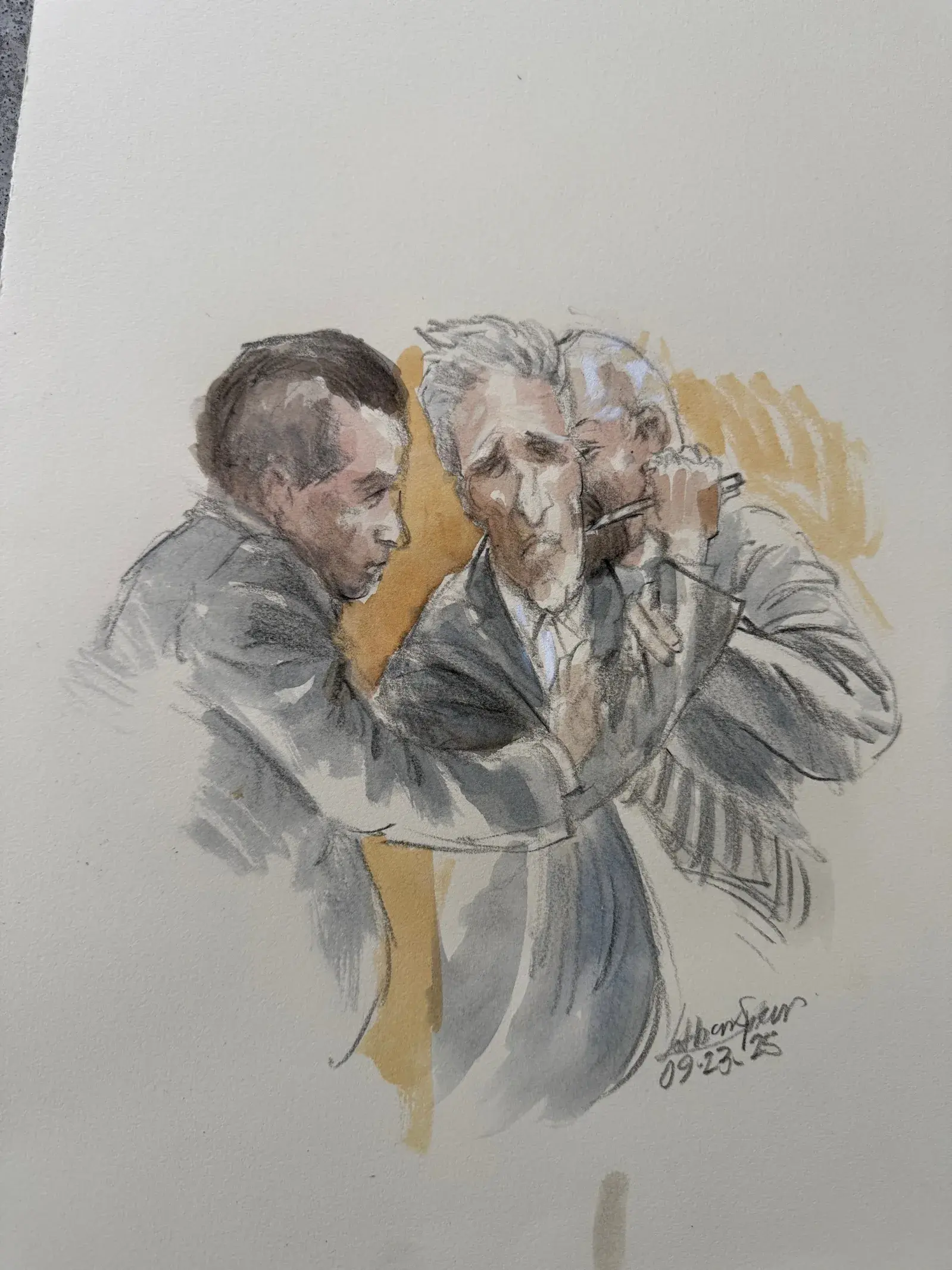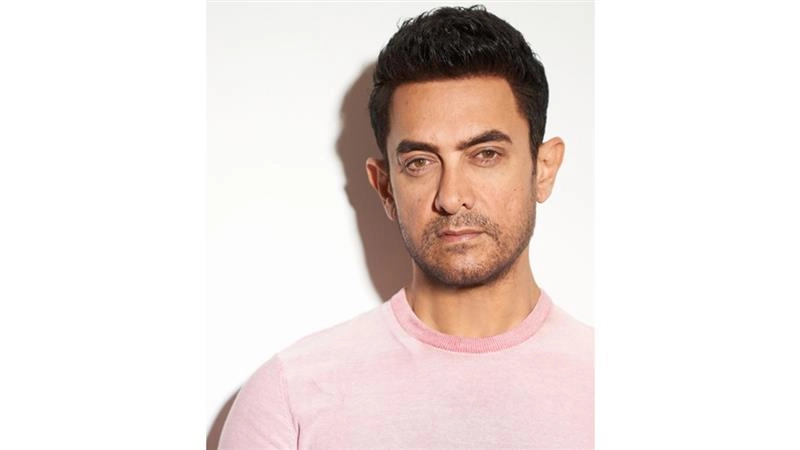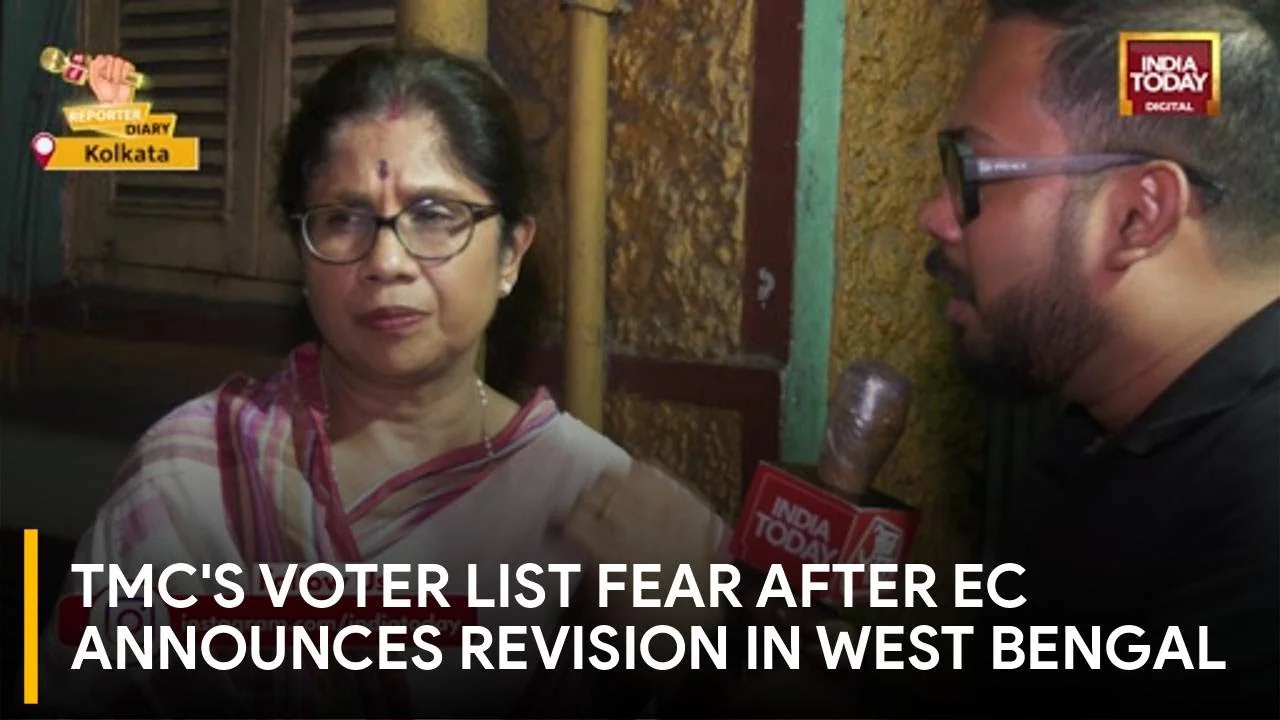Copyright newsweek

Ryan Routh, the North Carolina man convicted of attempting to assassinate Donald Trump while the now-President golfed last year in South Florida, has asked a federal judge to recommend that he be incarcerated in a state that allows medical aid in dying. Newsweek contacted the U.S. Attorney’s Office for the Southern District of Florida and Compassion & Choices (end of life group) for comment via email outside of normal office hours on Friday. Why It Matters Ryan Routh’s unusual request underscores the collision of criminal justice, mental health, and end-of-life law in one of the country’s most politically charged cases. By asking to serve his sentence in a state that permits assisted suicide, the man convicted of attempting to assassinate President Trump has raised questions about what control federal inmates have over their confinement and their lives. The plea—legally impossible but symbolically potent—highlights the limits of judicial authority over prison placements, the strain of the mental health crises inside the federal system, and the uneasy intersection between acts of political violence and debates about personal autonomy at life’s end. This courtroom sketch shows Ryan Routh trying to stab himself in the neck with a pen, after being found guilty of attempting to assassinate Donald Trump at a Florida golf course last year, Tuesday, Sept. 23, 2025, in Fort Pierce, Fla. (Lothar Speer via AP) What To Know A Desperate Plea From Prison In a letter filed October 30 in the U.S. District Court for the Southern District of Florida, Routh urged Judge Aileen M. Cannon to make a non-binding recommendation to the Bureau of Prisons that he serve his sentence “in a state with law protecting assisted suicide.” The three-page filing was entered on the court’s docket as United States v. Routh, No. 9:24-cr-80116-AMC. “I am a constant failure,” Routh wrote, describing himself as unworthy of rehabilitation and asserting that life in custody “without love—what is the point.” He suggested that he be transferred to a jurisdiction that permits physician-assisted death, adding that “the death penalty [is] not allowed, at nearly 60 a life of nothingness … why live.” Routh’s letter, written from the Federal Detention Center in Miami, also repeated a proposal he first made before trial: that the government exchange him for a political prisoner held overseas. “Trade me for a Palestinian prisoner in Israel to have my spot in Hawaii, or a POW of Ukraine suffering in Russia or any prisoner anywhere that is suffering,” he said. “Do not let me take my own life and it have zero benefit for humanity or mankind.” A Request Beyond The Court’s Reach Under federal law, sentencing judges may recommend—but cannot require—the Bureau of Prisons to designate a particular facility. Eleven states and Washington, D.C., currently authorize some form of medical aid in dying, according to Compassion & Choices, a nonprofit that tracks such legislation. Sara and Adam Routh, left, walk up to a vehicle carrying their father Ryan Routh as it drives away from a federal courthouse, Tuesday, Sept. 23, 2025, in Fort Pierce, Fla. (AP Photo/David Fischer) Conviction And Courtroom Chaos Routh, 59, was found guilty in September on five counts including attempted assassination of a president and use of a firearm in a crime of violence. Prosecutors said he spent weeks surveilling Trump’s West Palm Beach golf course, pushing the muzzle of a rifle through the perimeter fence near the sixth hole before being spotted by Secret Service agents. One agent testified that he fired at Routh, causing him to flee; Routh never discharged his weapon and was arrested a short time later on a nearby highway . Following the guilty verdict on September 23, Routh attempted to stab himself in the neck with a pen as jurors exited the courtroom, according to multiple accounts from reporters present. U.S. marshals restrained him and removed him from the room. When proceedings resumed, he appeared in shackles and without his jacket or tie, but with no visible injuries. Routh, who dismissed his court-appointed lawyers earlier in the case, continues to represent himself. In July 2025 he informed Judge Cannon that he had “no interest in counsel” and criticized former attorneys for refusing to “answer my questions.” He wrote: “It was ridiculous from the outset to consider a random stranger … to speak for me. That was foolish and ignorant, and I am sorry—a childish mistake.” Federal prosecutors have described the plot against Trump as politically motivated but have not alleged that Routh was affiliated with any organization. The incident occurred two months after a separate attempt on Trump’s life during a July 2024 campaign rally in Butler, Pennsylvania, where a bullet grazed his ear. That assailant, 20-year-old Thomas Matthew Crooks, was killed by a Secret Service sniper, after firing several shots a...



